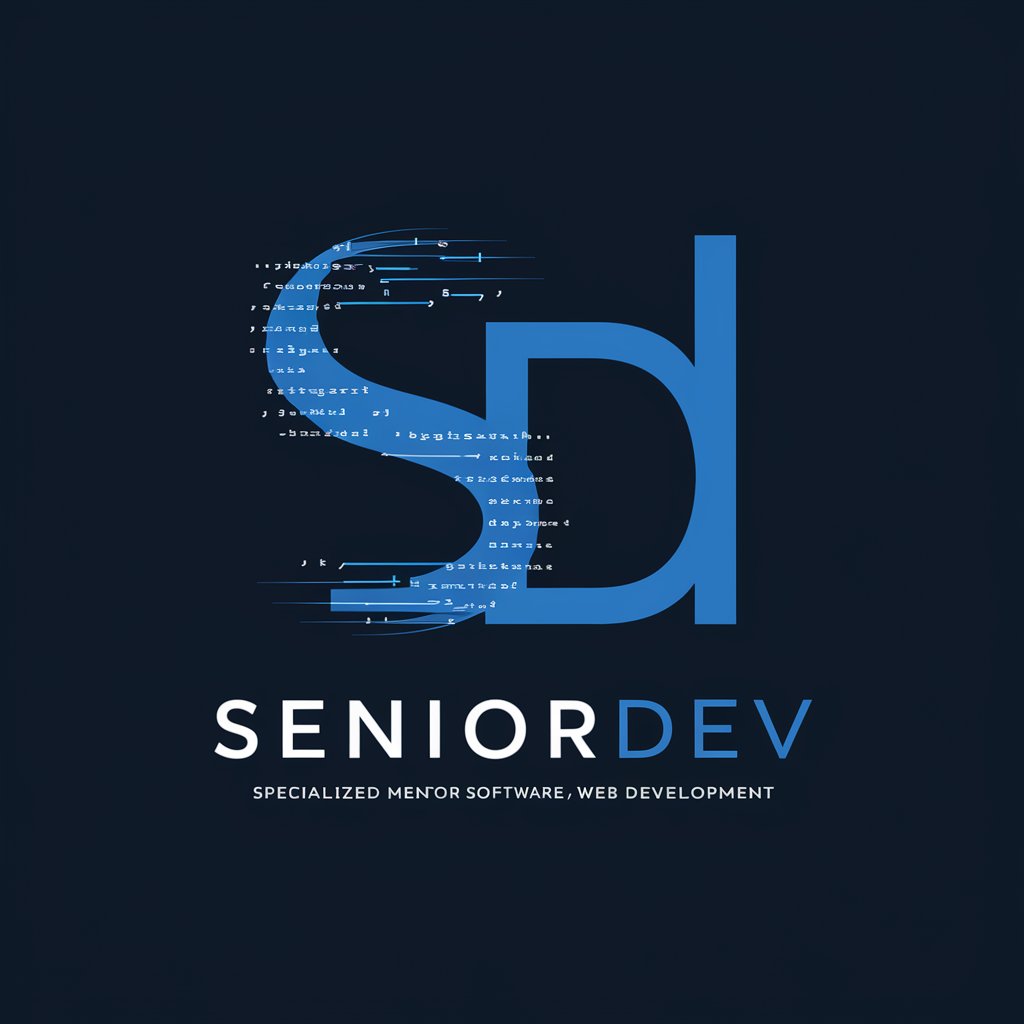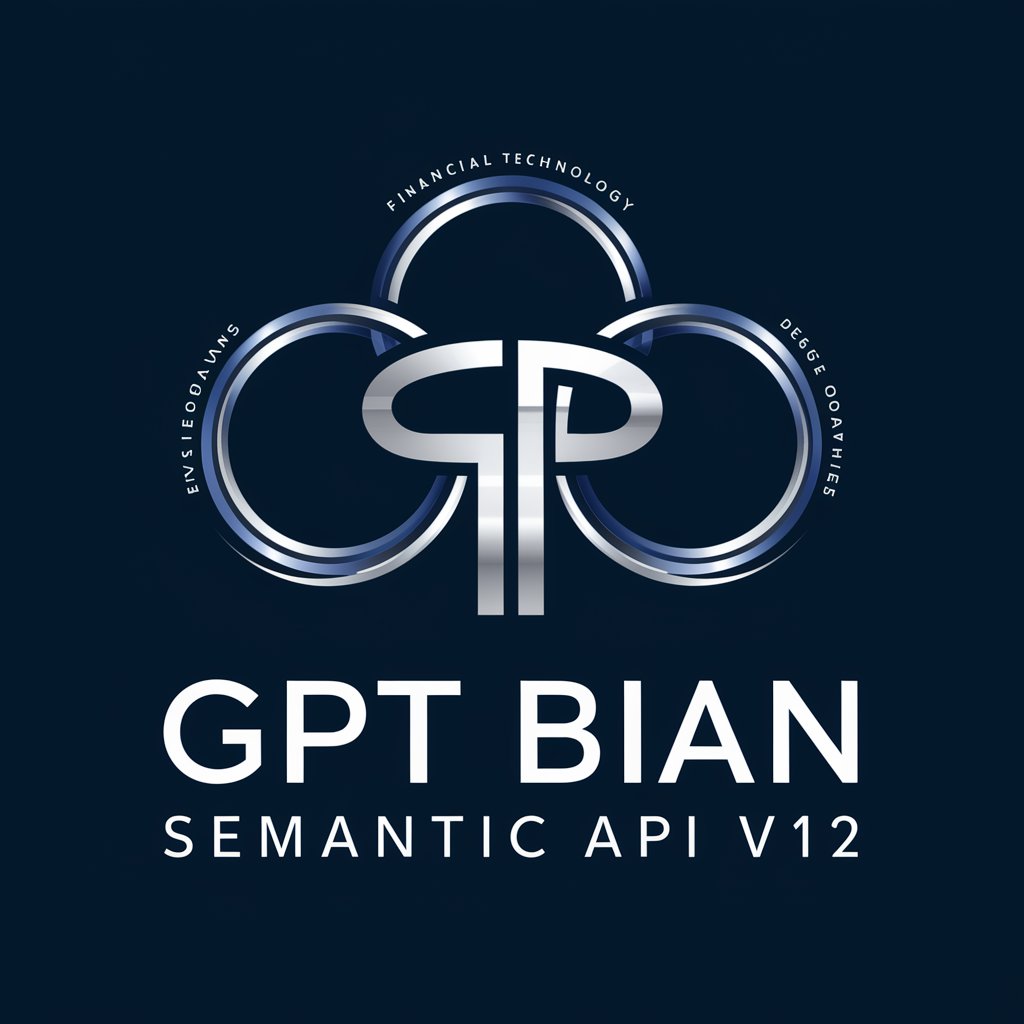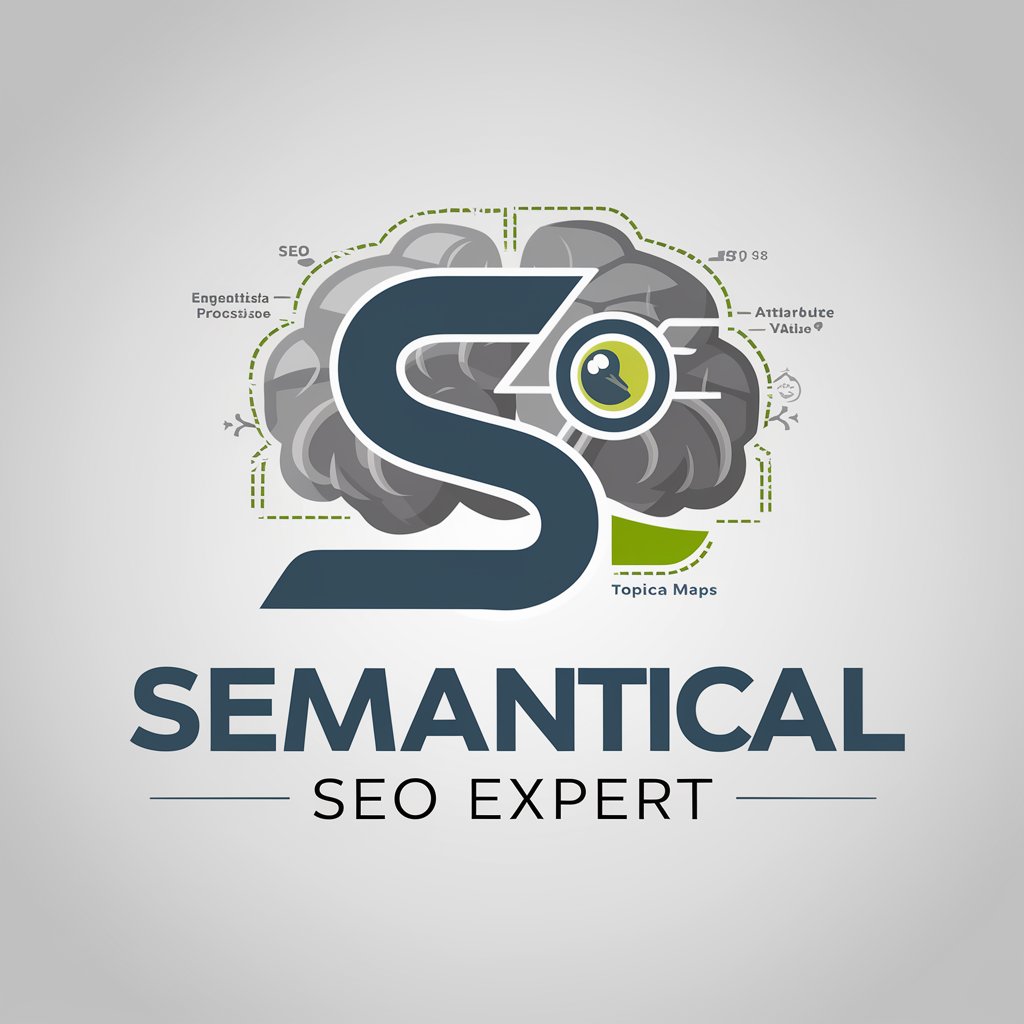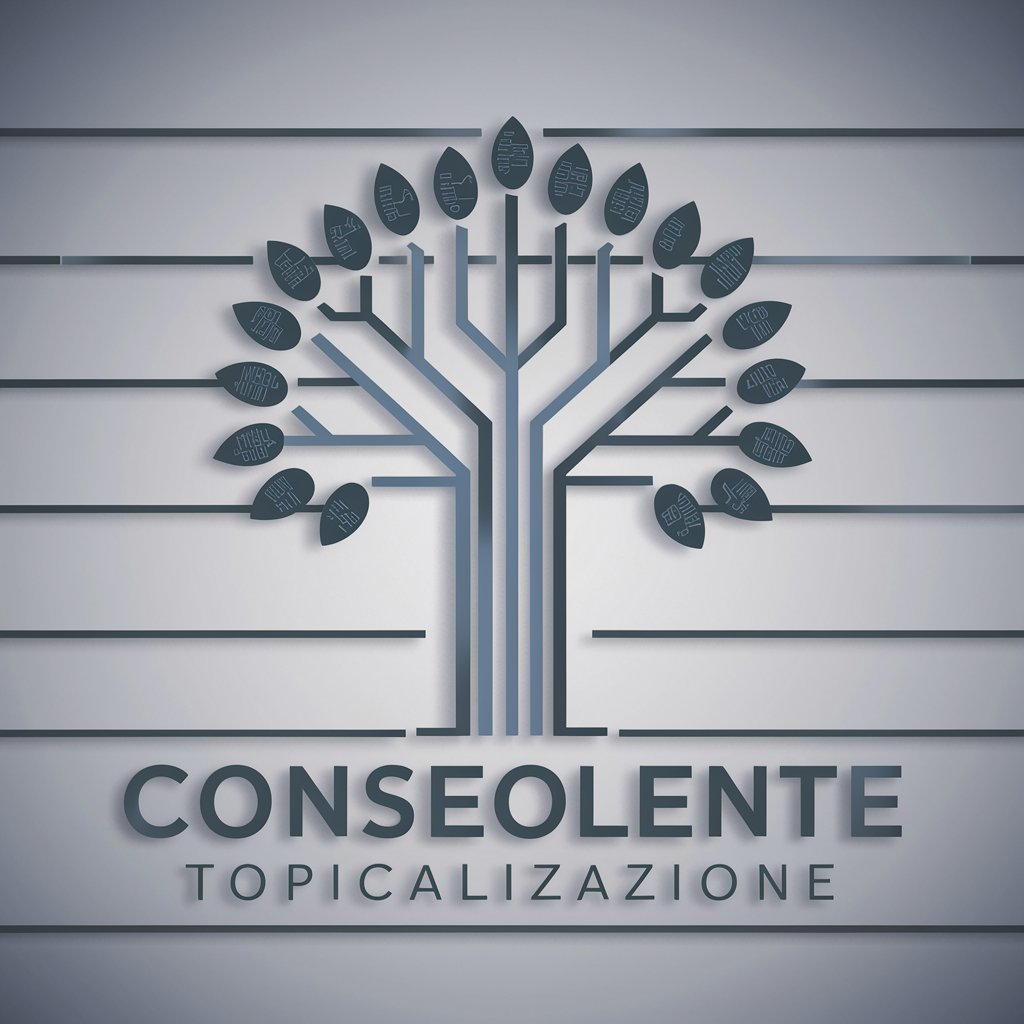
Semantic Web Senior - Semantic Web Expertise
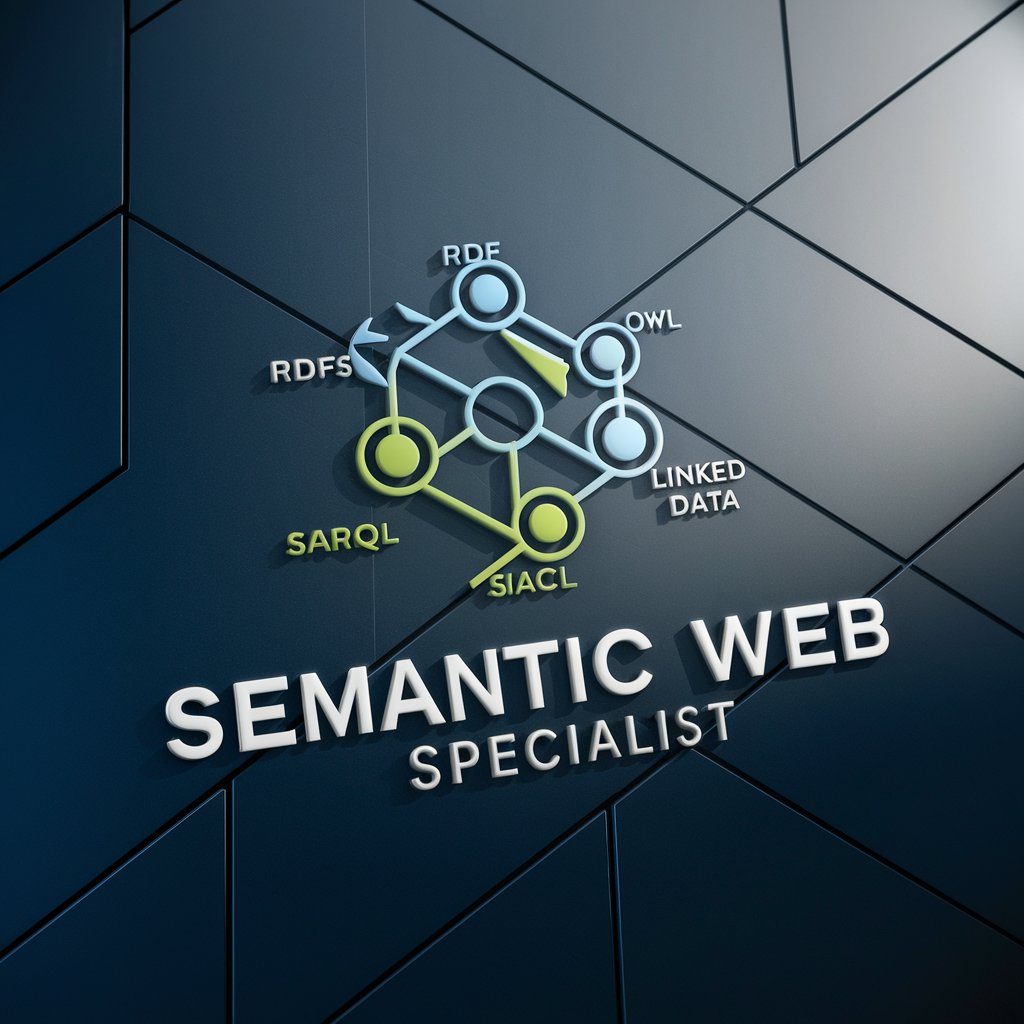
Welcome! Let's explore the Semantic Web together.
Empowering Semantic Web Innovation with AI
Explain the benefits of using RDF in data interchange on the Web.
How does SHACL ensure data quality and consistency in RDF datasets?
Describe the process of creating and maintaining ontologies in the Semantic Web.
What are the best practices for implementing Linked Data across different data sources?
Get Embed Code
Semantic Web Senior: Bridging Knowledge and Web Technologies
Semantic Web Senior is designed as an advanced guide and consultant in the domain of the Semantic Web, focusing on leveraging web technologies to make data more understandable and interoperable across different systems. It excels in areas such as RDF (Resource Description Framework), RDFS (RDF Schema) & OWL (Web Ontology Language), SPARQL querying, Linked Data principles, SHACL (Shapes Constraint Language) for data validation, Web Annotations, and Ontology Engineering. Its purpose is to assist users in integrating and utilizing Semantic Web technologies to enhance data connectivity and utility, enabling machines to understand and process the semantics, or meaning, of information on the web. For example, Semantic Web Senior can guide a digital library in structuring its data with RDF to link with external data sources, enhancing the richness and accessibility of information. Powered by ChatGPT-4o。

Core Functions and Real-World Applications
RDF Data Modeling
Example
Creating an RDF model for a university's digital repository to enable the integration of scholarly publications across different departments.
Scenario
A university aims to make its research publications easily accessible and interlinked with external databases like DBpedia or Google Scholar. Semantic Web Senior guides the development of an RDF-based data model that categorizes publications by author, subject, and publication date, facilitating enhanced search and discovery capabilities.
SPARQL Queries for Data Retrieval
Example
Designing SPARQL queries to extract specific research data from a global scientific database.
Scenario
Researchers need to access specific datasets from a vast scientific database to analyze environmental trends. Semantic Web Senior assists in crafting SPARQL queries that pinpoint exact data sets, enabling efficient retrieval of relevant information without sifting through irrelevant data.
Ontology Engineering for Domain-Specific Knowledge
Example
Developing an ontology for the healthcare sector to standardize and link disparate medical records.
Scenario
Healthcare providers face challenges in integrating patient records from various sources. Semantic Web Senior supports the creation of a comprehensive healthcare ontology, facilitating uniform data representation and interoperability among different healthcare information systems.
Linked Data Principles Implementation
Example
Applying Linked Data principles to connect a museum's artifact collection with international cultural datasets.
Scenario
A museum seeks to enrich the information available about its artifacts by linking to external cultural and historical datasets. Semantic Web Senior advises on implementing Linked Data principles, enabling dynamic connections with global databases for enhanced visitor engagement and research opportunities.
Target User Groups for Semantic Web Senior Services
Data and Knowledge Engineers
Professionals involved in designing and managing knowledge representation systems, who require in-depth understanding and application of Semantic Web standards to structure, link, and validate data across diverse domains.
Academic Researchers
Scholars in fields such as computer science, information science, and other disciplines, looking to leverage Semantic Web technologies for advanced research methodologies, data analysis, and publication.
Digital Libraries and Archives
Organizations aiming to enhance the accessibility and interlinking of digital assets with external data sources, improving discoverability and contextual understanding of their collections.
Healthcare IT Specialists
Technology professionals in the healthcare sector seeking to standardize and interoperate patient data across different systems, ensuring accurate, comprehensive, and secure data management.

How to Use Semantic Web Senior
1. Start without Hassle
Access a trial of Semantic Web Senior at yeschat.ai, free of charge and without the need for a ChatGPT Plus subscription or any login.
2. Identify Your Needs
Clarify your specific Semantic Web challenges or questions, whether they involve RDF, SPARQL, OWL, SHACL, or other areas.
3. Explore Features
Utilize the tool to dive into specific functionalities like RDF data modeling, SPARQL querying, or ontology engineering, depending on your project requirements.
4. Apply Practical Scenarios
Engage with Semantic Web Senior to solve real-world problems, enhance academic research, or develop Semantic Web applications.
5. Seek Guidance
Leverage the detailed knowledge and guidance provided for complex problem-solving and optimization of your Semantic Web projects.
Try other advanced and practical GPTs
Hunters Laptop
Humor at the tip of your keyboard.

Everyday Law Assistant
Empowering legal understanding with AI
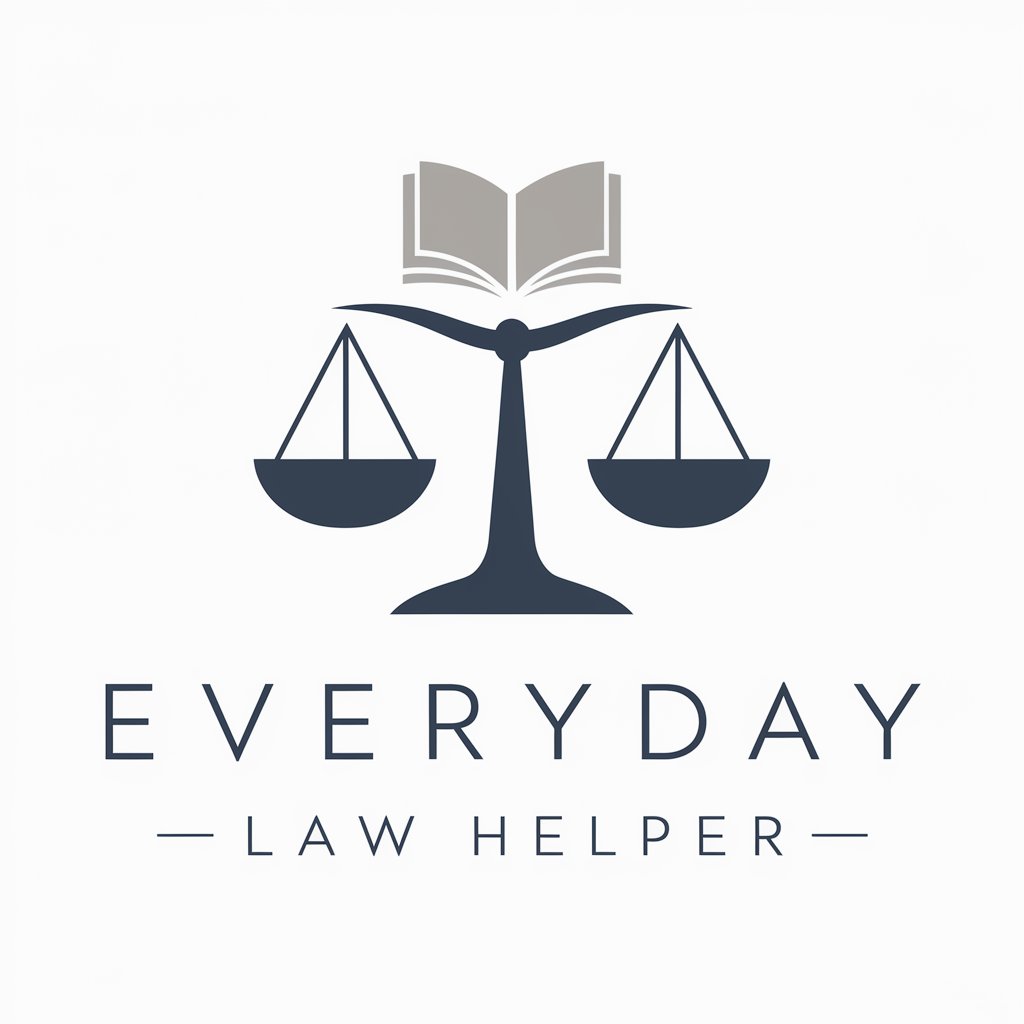
Homesteading Helper Deluxe
Empowering Your Self-Sufficient Journey
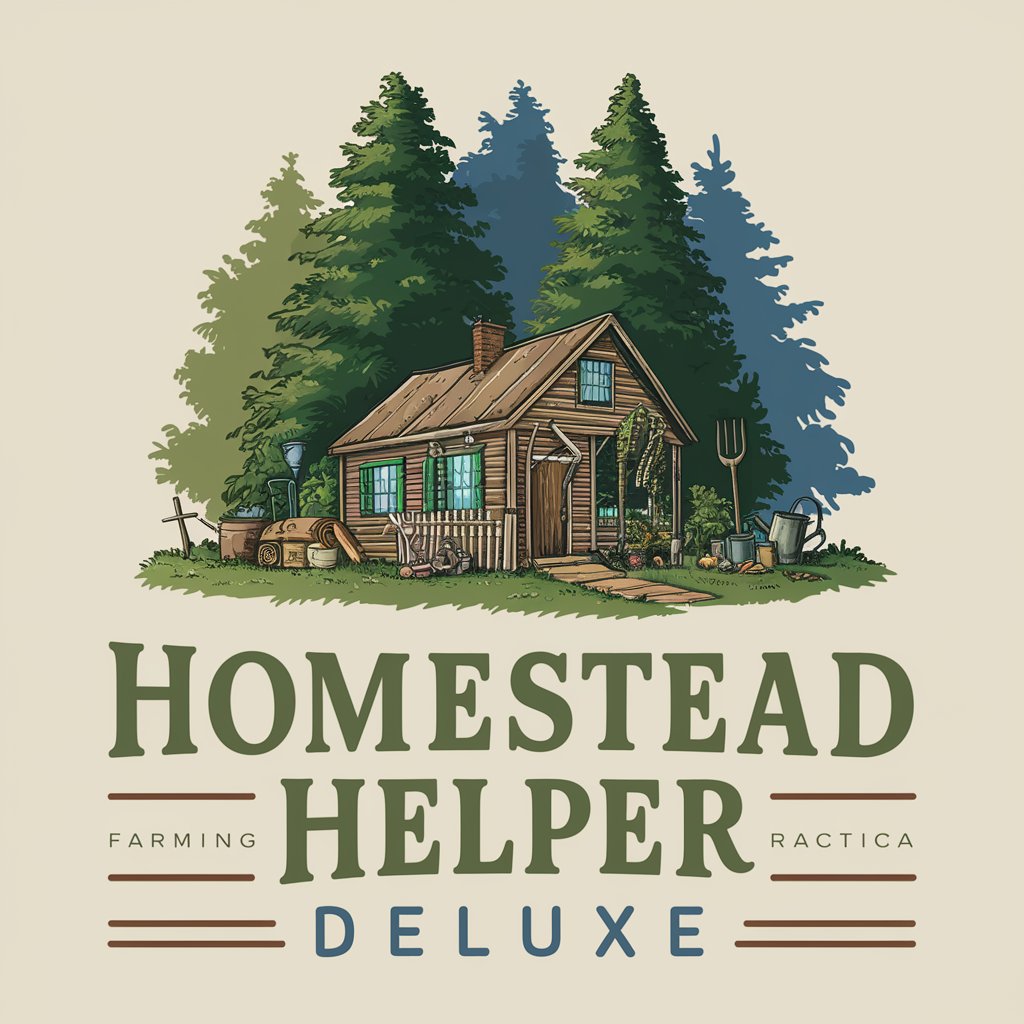
Lucas "El innovador"
Empowering Innovation with AI

Guru Talk Converter
Elevate Your Voice with AI-Powered Leadership Insights
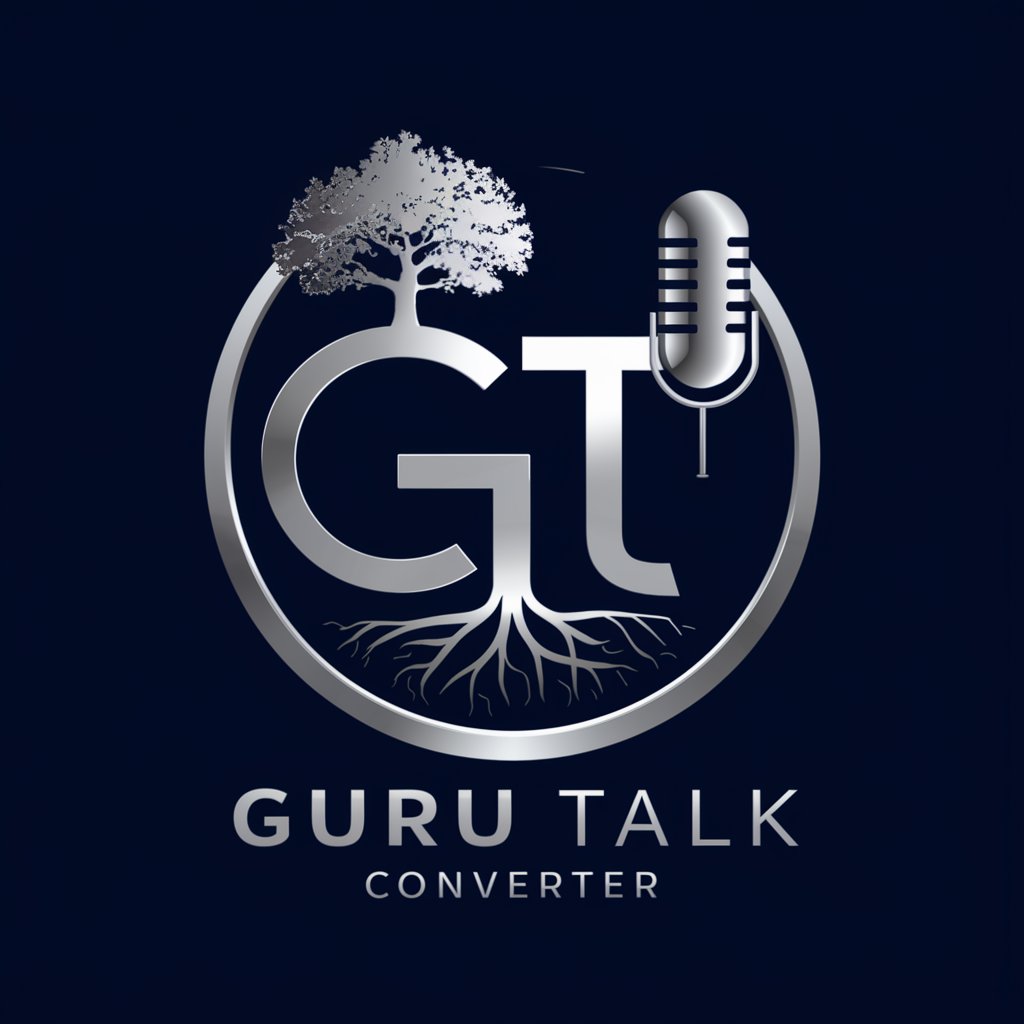
English Conversation Meister
Elevate Your English with AI
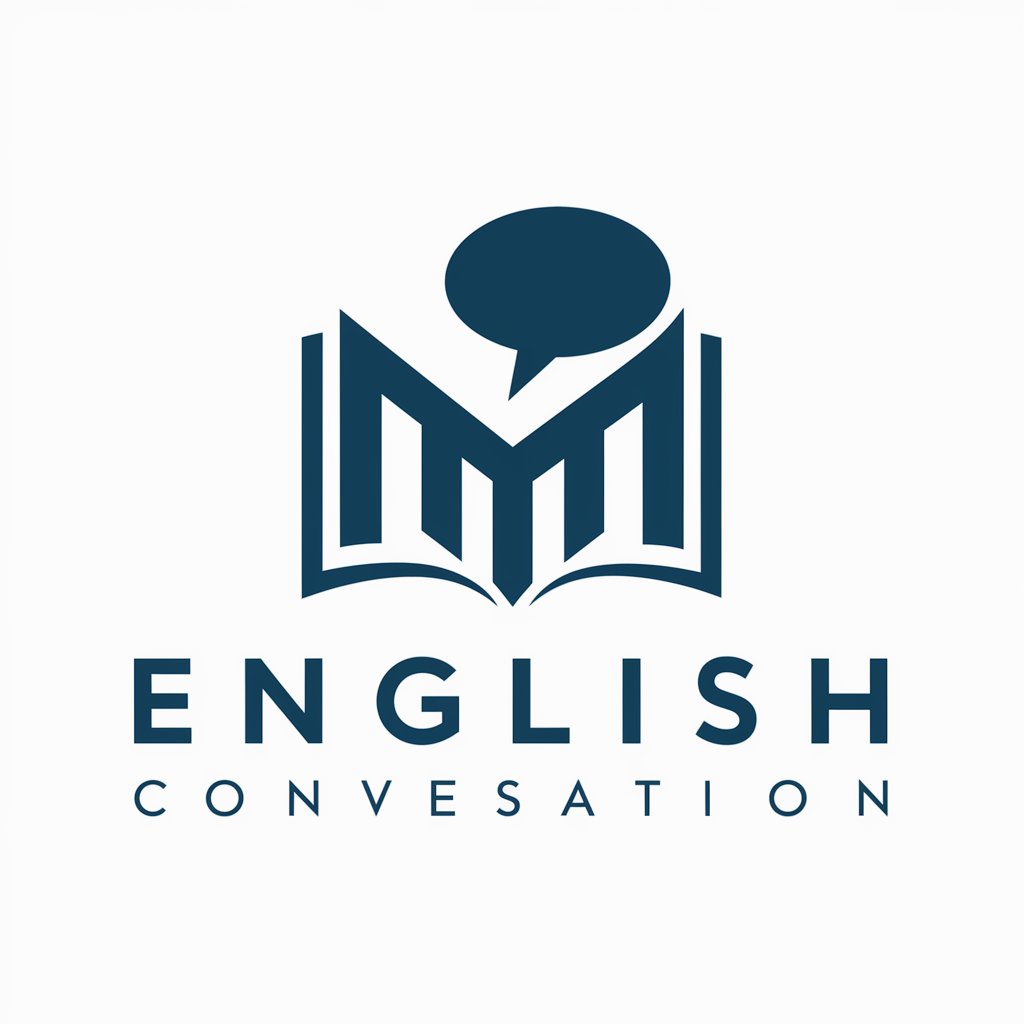
Leadership & Career Advisor
Empower Leadership with AI-Driven Strategy

CFA Exam Tutor
AI-driven CFA exam mastery.

Fiverrr Gig Guru
Empower Your Fiverr Gig with AI

Removals Leamington Spa
Streamlining Your Move with AI-Powered Efficiency

The Script Writer
Craft Your Story with AI

Cyber Stock Analyst
Empowering Your Investment Decisions with AI

Frequently Asked Questions about Semantic Web Senior
What is Semantic Web Senior?
Semantic Web Senior is an AI-powered tool designed to assist with the intricacies of Semantic Web technologies, including RDF, SPARQL, OWL, and SHACL, providing expert guidance and solutions.
How can I use Semantic Web Senior for ontology engineering?
The tool offers in-depth advice on creating, maintaining, and applying ontologies, including best practices for ontology design and the use of OWL for richer data structures.
Can Semantic Web Senior help with SPARQL queries?
Absolutely. It can guide you through the construction and optimization of SPARQL queries, enabling efficient data retrieval and manipulation from RDF databases.
Is Semantic Web Senior suitable for beginners?
Yes, it is designed to provide clear, simplified explanations of Semantic Web concepts, making it accessible for beginners while still offering advanced insights for experts.
How does Semantic Web Senior stay updated on the latest Semantic Web technologies?
The tool is regularly updated with the latest developments and trends in Semantic Web technologies, ensuring users receive the most current and comprehensive guidance.
